“Stand still. The trees ahead and the bushes beside you
Are not lost. Wherever you are is called Here,
And you must treat it as a powerful stranger,
Must ask permission to know it and be known.
The forest breathes. Listen. lt answers,
I have made this place around you,
If you leave it you may come back again, saying Here.
No two trees are the same to Raven.
No two branches are the same to Wren.
If what a tree or a bush does is lost on you,
You are surely lost. Stand still. The forest knows
Where you are. You must let it find you.”
I’m sitting at my desk wanting to continue on the conversation about self-trust from yesterday. I have some ideas. I want to talk about how we can separate out the voices in our head. How to discern the difference between those we should pay attention to and those we should discard.
It feels a little dry for my mood this morning.
I understand the complexity. Life is beautifully complicated and there is no conversation that can be divided neatly into different areas. Instead, most of all conversations that matter are raging streams of intersecting currents meeting the occasional pool of stillness.
The poem I have shared above is a teaching story from a Native American elder tradition that was rendered into English by David Wagoner. I often find that in times when we are navigating big changes- like coronavirus and lockdowns- or entertaining big questions like learning to trust ourselves that it’s not the wonders of psychology or the genius of neuroscience that I turn to, but the arts. I most often turn to poetry. This is one such moment.
“What do I do when I get lost in the forest?
Stand still. The trees ahead and the bushes beside you are not lost.
Stand still. The forest knows
Where you are. You must let it find you.”
If you have made it this far, I can see that we are of the same stuff. That or you are stuck for things to do. I thank you all the same. Still, if you have made it this far- through the poetry and random musings- I will really let myself go now because I know this is an adventure that you are also interested in.
Here’s what I know to be true. Trusting yourself is a radical act. I know this because it’s terrifying and unsettling and makes us want to cling to something, anything around us that will provide us with a sense of certainty. So radical is the art of trusting yourself that you have to let go of everything you hold on to that you have come to see as reliable.
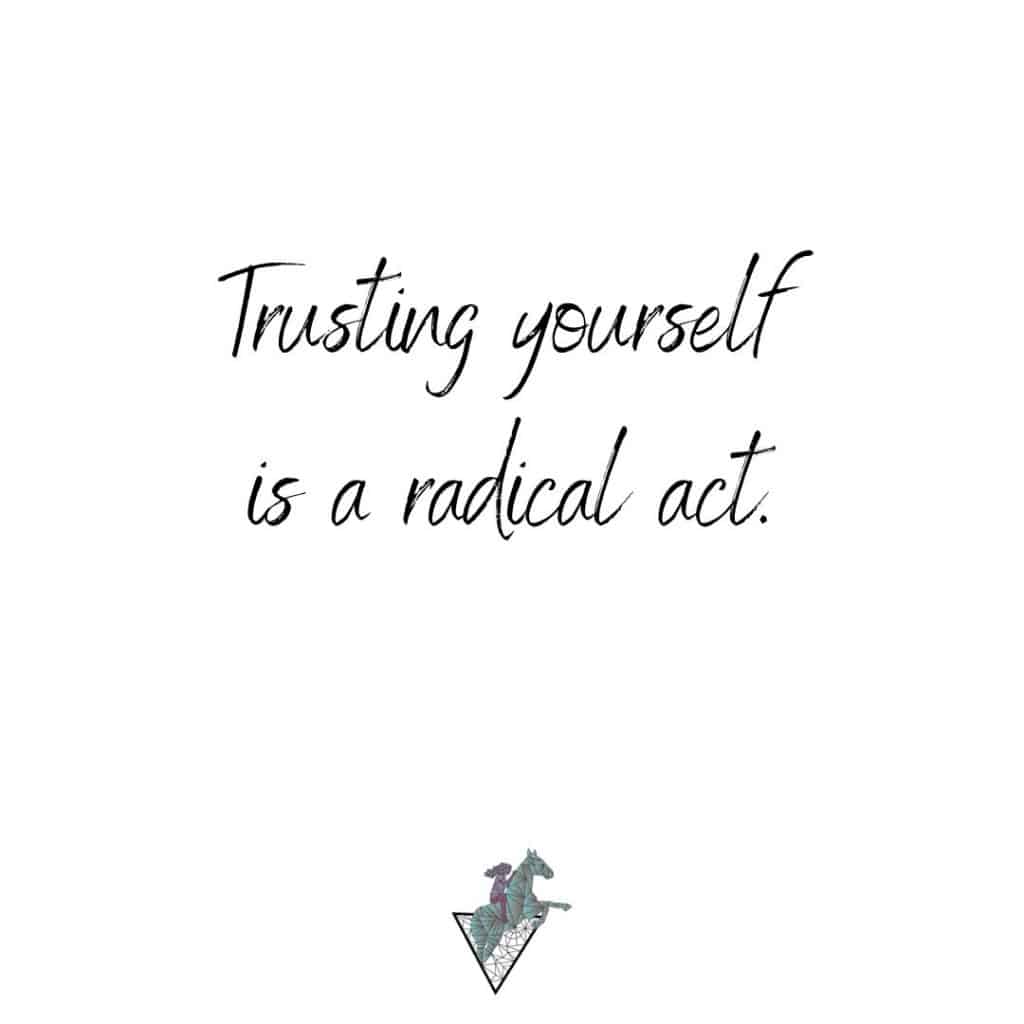
Stepping out in self-trust sees us immediately step into self-doubt. Self-doubt is the card you must hold if you want to also hold self-trust. They are a complementary pair. As late as yesterday, my relationship with self-doubt was one that somewhat fractured. I thought of her like a dark and heavy cloak that I was forced to carry, and I wanted to purge her from my being. I’ve softened a little since then.
Right now, as I sit and write, she is sitting beside me. You know, she tells me, I’m not sure anyone wants to read this.
You assume, I tell her, that I write in order to be read.
I smile to myself. Thank you, Self-Trust, for joining this conversation.
For a moment, I take the cloak off and continue on.
Sometimes, I’m not sure if self-doubt is my friend or not. There are times when I know she is protecting me. When she is alerting me to the fact that maybe I don’t have the skills I need to be able to do something safely or competently. At least not yet. At least not in that moment.
When she tells me, I’m not sure it’s the right moment to ride, as I stand in front of my powerful young horse and consider my options, I listen to her.
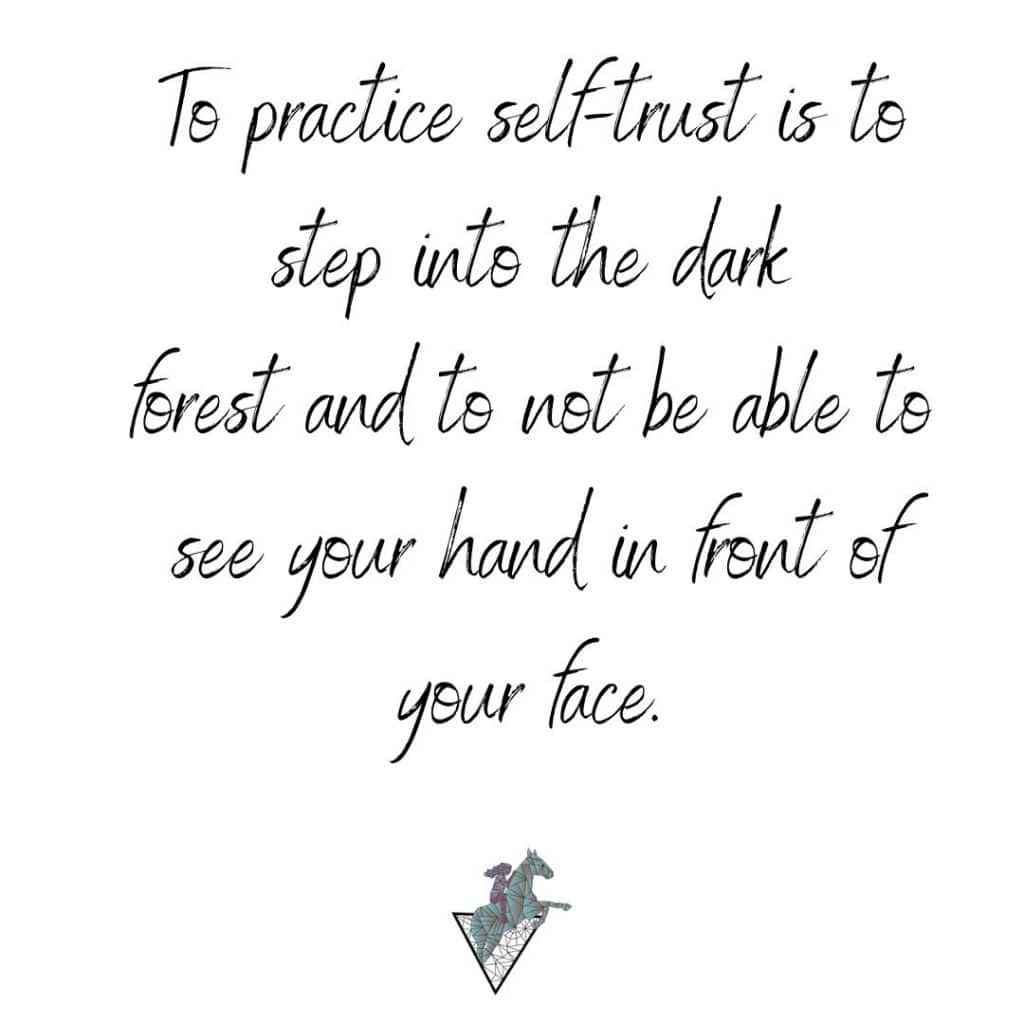
Dismissing her simply for what she is- a unwelcome handbrake in a moment of wanting or potential action- would be a fool’s error on my part. Self-doubt can also be a sentry of self-protection that raises herself up of the ground to say, no. Not now. Not now.
Self-trust, one would hope, would be an easy thing to cultivate. But it turns out this is not the case. As you take a step towards self-trust, the path does not light up. Instead, it disappears. To practice self-trust is to step into the dark forest and to not be able to see your hand in front of your face. If you are wanting comfort, this is not the place to find it.
“Stand still. The trees ahead and the bushes beside you
Are not lost. Wherever you are is called Here,
And you must treat it as a powerful stranger…”
The cards we hold- of self-trust and self-doubt- are delicate and mercurial. In order to practice self-trust, we have to pay attention. We have to pay attention to the dark sides, to the shadows and to the things we cling to in order to feel certain and feel safe.
“Wherever you are is called Here,
And you must treat it as a powerful stranger…”
The present. A powerful stranger. A call to pay attention.
We do, however, have a wild card hand to play. Some of us walk into the forest. But me, I chose to ride.
These areas of the psyche are wild and untamed. I need someone to come whose spirit is the same.
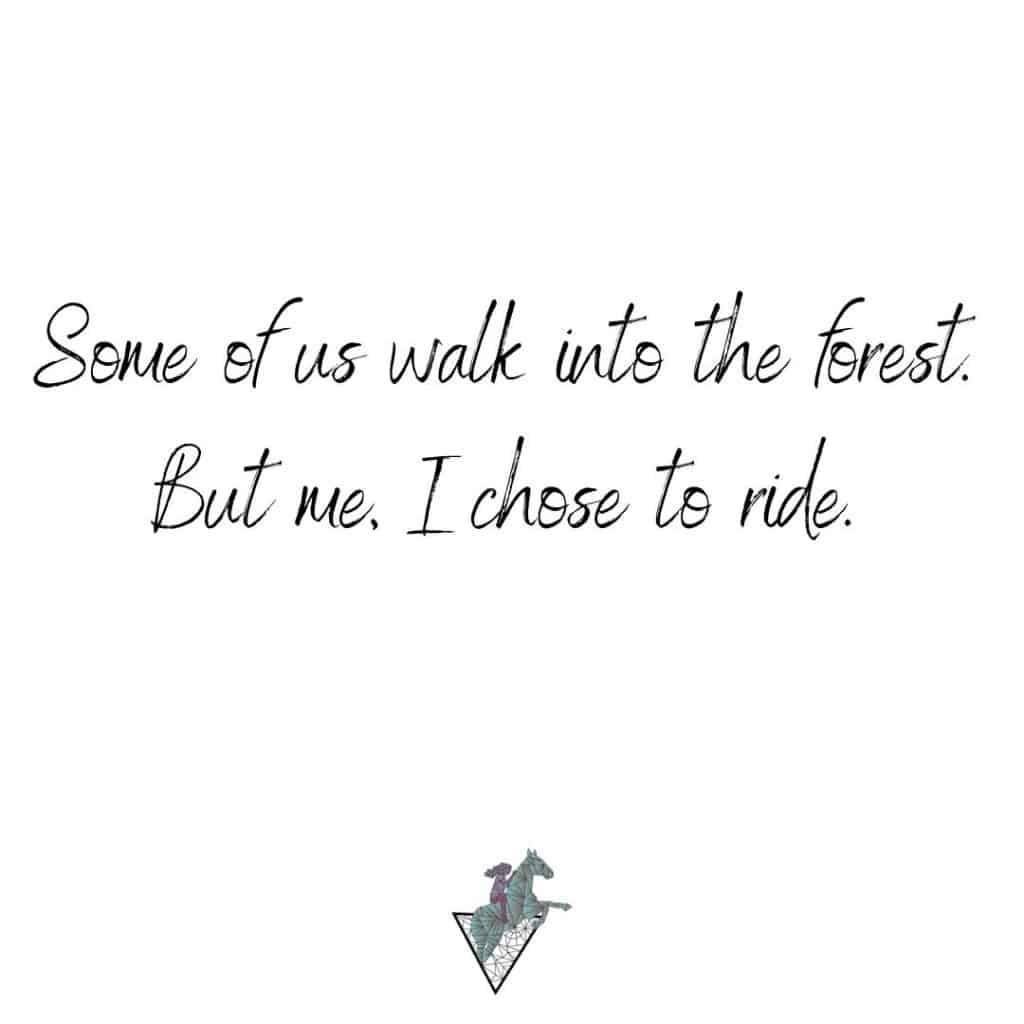
My dark forest is full of sand and hoofprints. It is my practice ground. The place where I get to ask beautiful questions and let the answers find me.
“Stand still. The forest knows
Where you are. You must let it find you.”
This is the practice of trust, where the search sees you diving deeper inward rather than grasping outward. My horse is masterful in his self-trust.
“No two trees are the same to Raven.
No two branches are the same to Wren.”
He notices. He sees with fresh eyes. He is here.
“Stand still. The trees ahead and the bushes beside you
Are not lost. Wherever you are is called Here…”
And when we are not, their presence reminds us to come back.
“Wherever you are is called Here…”
My offering today is not an answer, but an open-ended question. A contribution to a climate of uncertainty and concern that calls us reminds us again and again that many of the answers we seek are not with out, but with in.
As much as it is that, it’s also a note to self.
As I walk the path of self-trust, I expect the path to get easier. It does not.
I expect the path to become brighter. It does not.
I expect doubt to fall away. She does not.
In fact, the only step that is clear is that one that I’ve already taken. And so now, I understand the practice as a series of very close steps.
And of reminding myself that the forest knows where I am. I just have to let it find me.
Onwards.
❤️ Jane



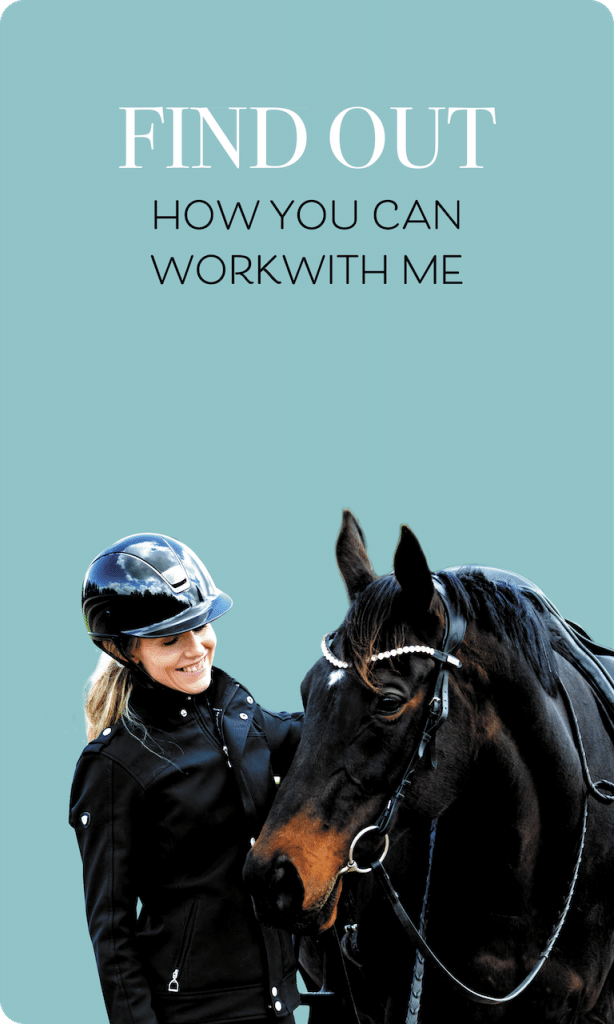
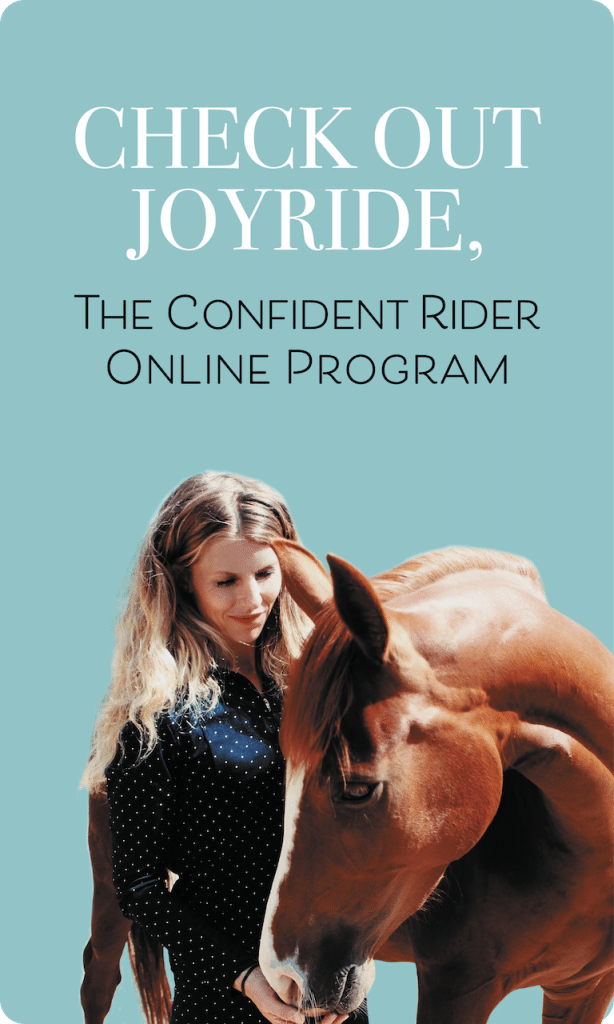
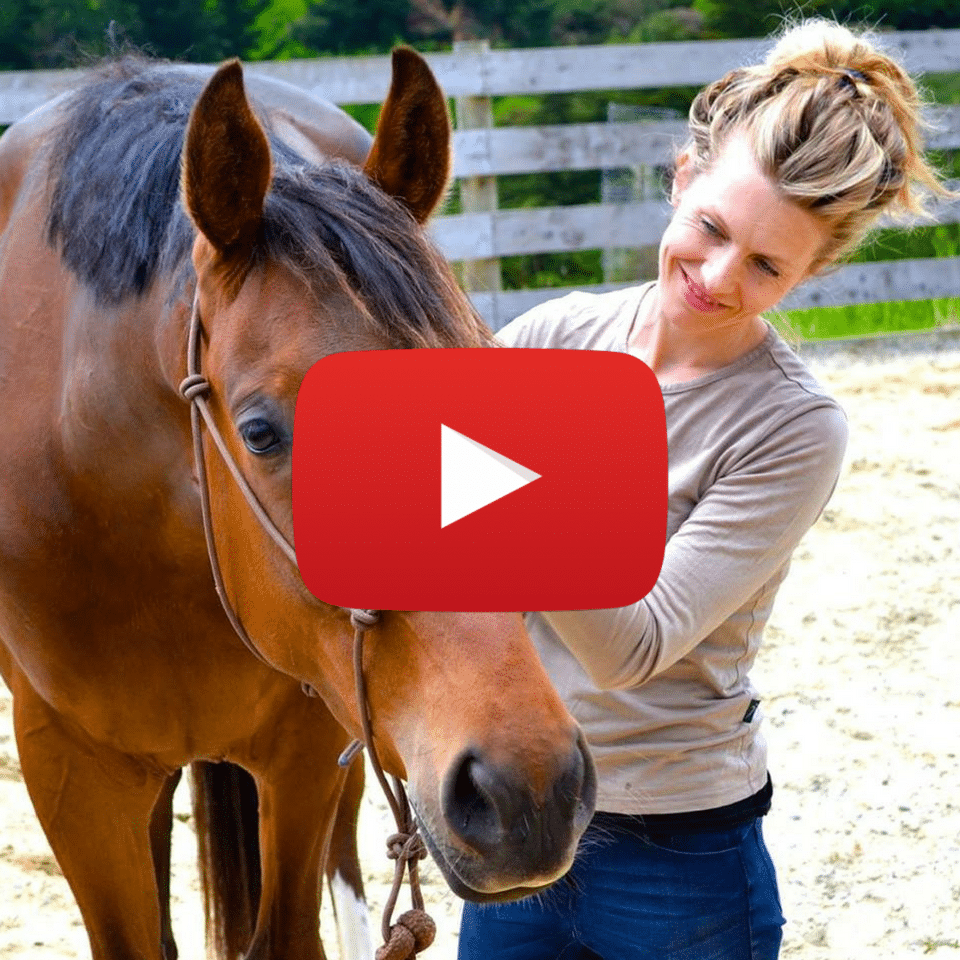
One thought on “A Dark Forest Full Of Sand & Hoof Prints: Poetic Musings on Trust & Doubt”
One comes to understand these words in a different way – when they have lost their soul mate. To go forward, one tentative step at a time – can I do this on my own, only time will tell, to learn to trust one’s self, to be here – not worrying about tomorrow, not grieving for yesterday. To be still in the forest, to learn to know one step follows another, as our spirit/soul learns it can believe in itself – because of the belief of the lost spirit – in the one left behind – to be here.
Comments are closed.